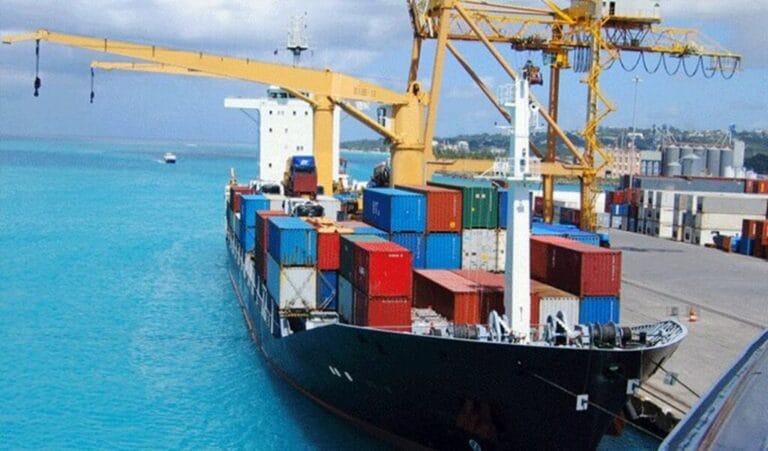The International Monetary Fund (IMF) has projected that Ethiopia’s accelerating economic reforms and trade expansion will significantly increase demand at Djibouti’s ports — a key logistical lifeline for the landlocked country.
According to the IMF’s latest Article IV review, Djibouti stands to benefit from Ethiopia’s liberalizing trade environment and infrastructure-led growth. The Fund notes that Djibouti’s GDP grew by over 6.5% in 2024, spurred by transshipment activity during Red Sea shipping disruptions.
“The robust Ethiopian economy is anticipated to boost activities at Djibouti’s ports,” the IMF stated.
While growth figures are promising, the report highlights mounting fiscal concerns. Djibouti’s revenues are declining and public debt has reached unsustainable levels, constraining spending in essential sectors like health and education.
The IMF warned that high debt servicing costs are reducing the government’s capacity to invest in development, despite the economy doubling its per capita GDP over the last decade.
The review also emphasizes Ethiopia’s importance, with over 95% of its trade flowing through Djibouti. Ethiopia’s reforms — including foreign investment liberalization and currency adjustments — are expected to increase throughput at Djibouti’s ports.
However, the IMF also flagged potential risks, including regional instability, trade disruptions, and currency pressures. A depreciation of the Djibouti franc could raise inflation and undermine consumer purchasing power, despite potentially boosting exports.
Despite these headwinds, Djibouti has shown resilience. The country has weathered multiple regional and global shocks, including the COVID-19 pandemic, the conflict in northern Ethiopia, and the war in Ukraine.
Looking forward, the IMF expects Djibouti’s economy to grow around 6% in 2025 but cautions that a “gradual slowdown” may follow unless fiscal consolidation and structural reforms are pursued.
Economists say that Ethiopia’s reform momentum presents a unique opportunity for Djibouti — but only if the country can balance infrastructure investment with tighter fiscal controls.



